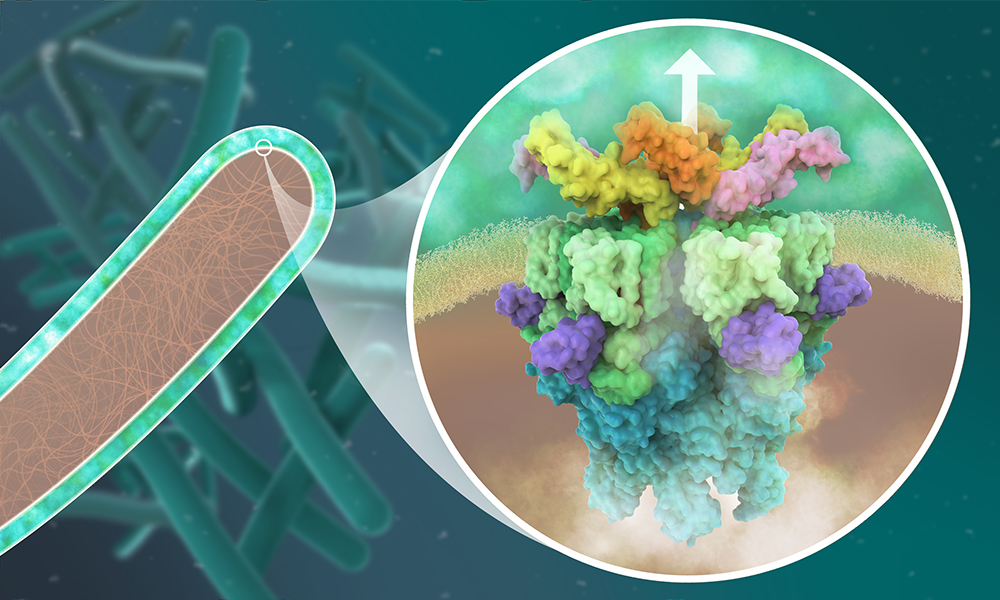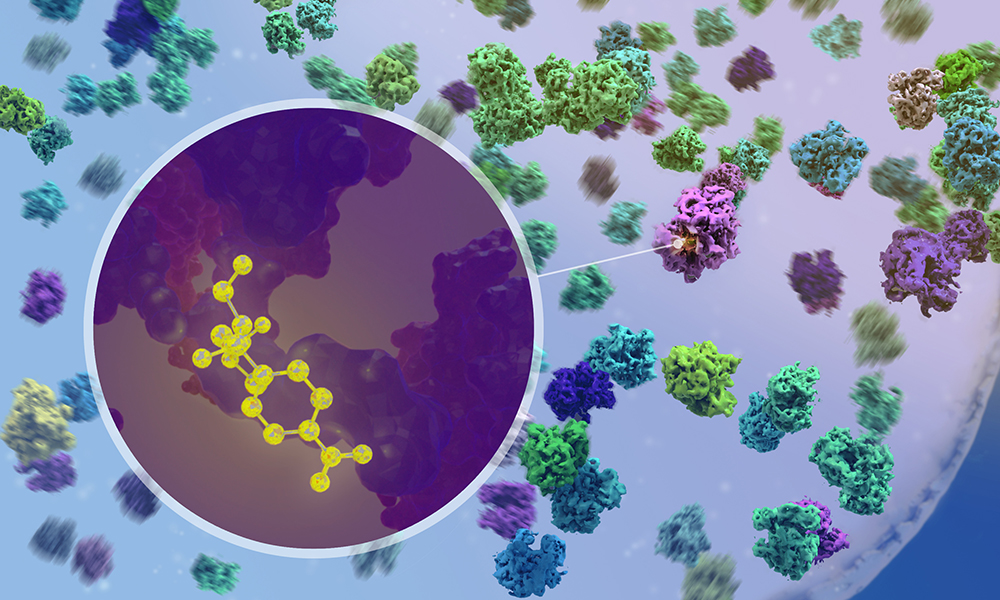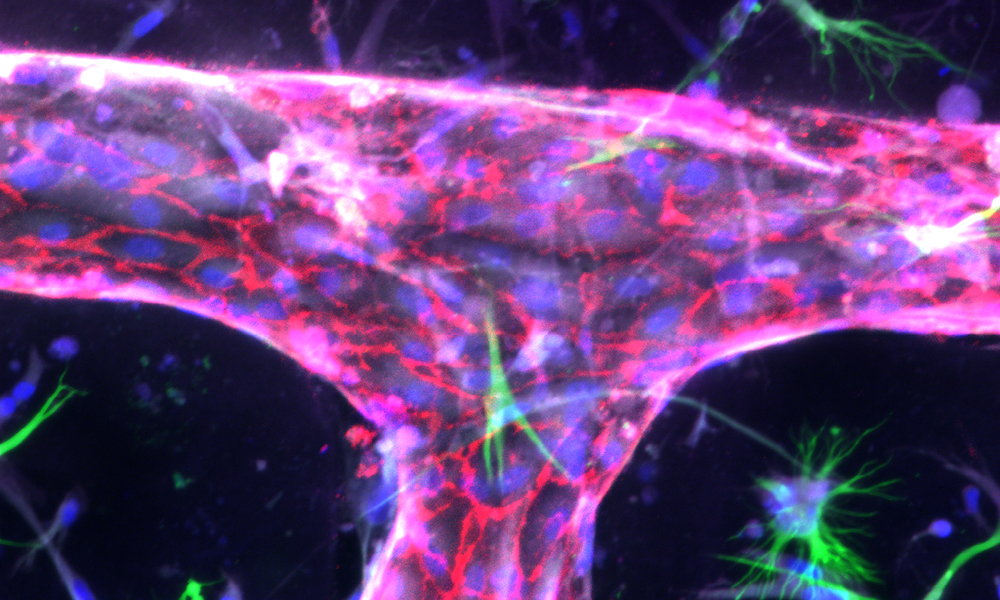Infectious diseases are among the most prevalent causes of human illness and death in the world. The vast diversity of pathogens, together with their ability to cross species boundaries and to develop resistance to available treatments, create alarming possibilities for future epidemics and for impacting biodiversity and planetary health.
The Infection Biology Transversal Theme aims to contribute to research on the biology and mechanisms of infection, as well as on diagnostics and treatment of infectious diseases. Pathogens are immensely diverse, both in their fundamental biology and ecology, and include viruses, bacteria, fungi, protozoa, and other parasites. This research theme aims to elucidate the molecular mechanisms pathogens use to invade and proliferate inside host cells, providing new targets for anti-infective drugs.
EMBL will employ its unique capacities in imaging and structural biology to view intracellular pathogens at different stages of infection and to characterise their interactions with the host at an atomic, molecular, and tissue level.

A particular area of focus will be characterising pathogen-specific machineries and visualising these machineries inside the cell with atomic resolution.

At the same time, systematic quantitative approaches, computational biology, and sophisticated engineered tissue and organoid systems will be used to shed light on the diversity of mechanisms that pathogens use to hijack host cellular processes in order to survive and proliferate. For example, a common strategy for intracellular pathogens is to intercept host signalling pathways and use them to reorganise lipid transport and exploit cytoskeletal elements to build protective intracellular compartments, to avoid lysosomal killing and to move within the cell, to blunt immune responses, or to deregulate cell death pathways.

Mapping the pathogen arsenals and mechanisms used to intercept host signalling in a highly regulated manner will provide new avenues for therapeutic strategies. Nowadays it is also becoming apparent that many of the strategies our immune system uses have their routes into bacterial immunity systems against phages.
Fundamental research has a vital role to play in the development of new tools for diagnosing infection and new strategies to fully understand the impact of antibiotics and curtail the spread of antimicrobial resistance. It is also critical for increasing our understanding of pathogen transmission between hosts and across populations, and for establishing new computational tools and platforms to monitor the spread and evolution of pathogens.

The relevance of studying infection biology has never been more obvious than it is now. A multitude of infectious agents have emerged in the past two decades, and the SARS-CoV-2 pandemic has had a global impact. Meanwhile, long-standing infectious agents, such as tuberculosis and malaria, still kill millions every year, and the emergence of antimicrobial resistance continues to be a significant threat to global public health.
EMBL will continue engaging with the international scientific community and catalysing new initiatives to achieve such goals. This will include an emphasis on research that aims to further our understanding of antimicrobial resistance mechanisms and transmission pathways in patients and in the environment, as well as new ways to fight pathogenic bacteria, and to delay, prevent, or reverse this resistance. EMBL will also continue developing data portals and platforms and computational frameworks to enable scientists across multiple domains to access and process multidimensional pathogen data. These resources will support a rapid response to future outbreaks and will facilitate target identification for anti-infective research.